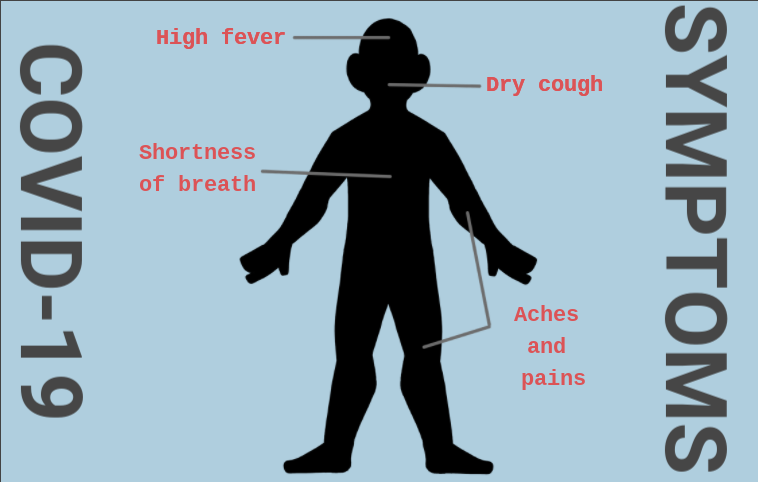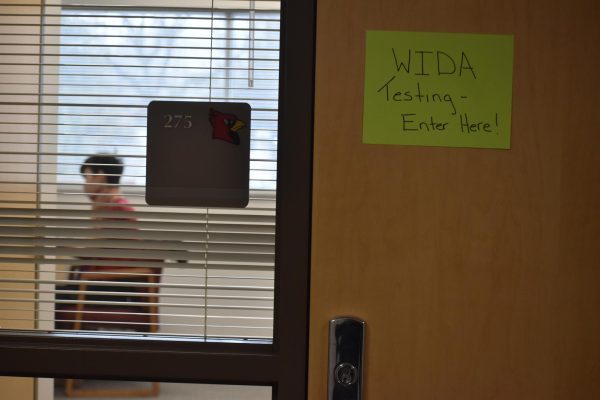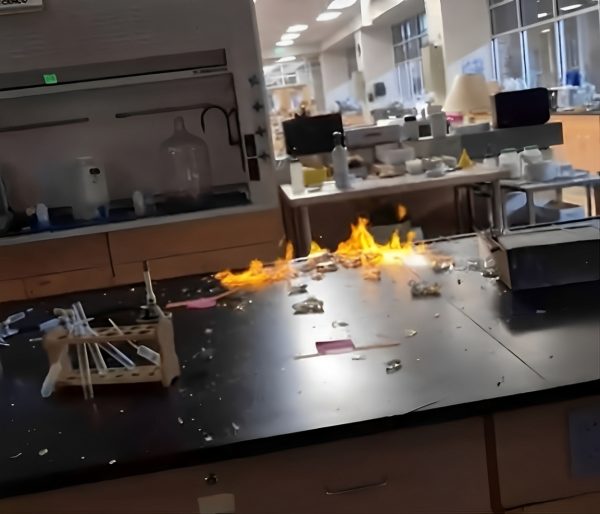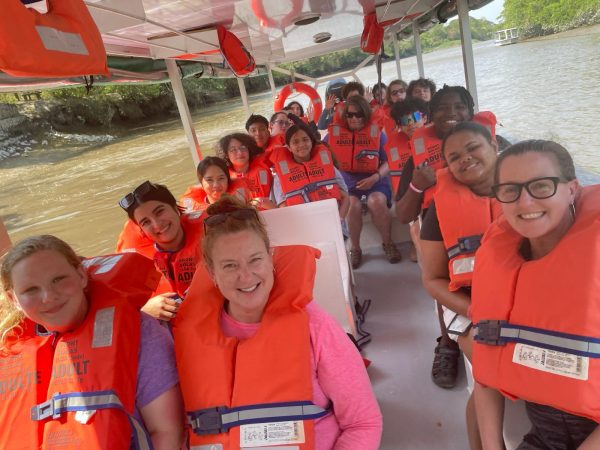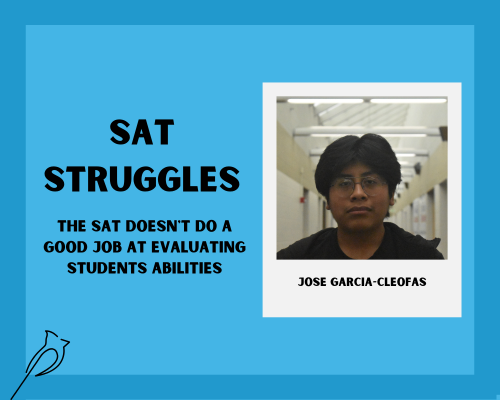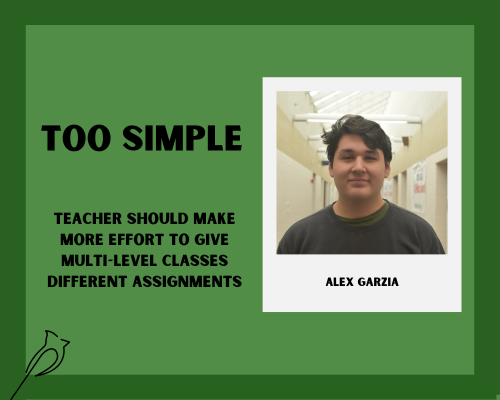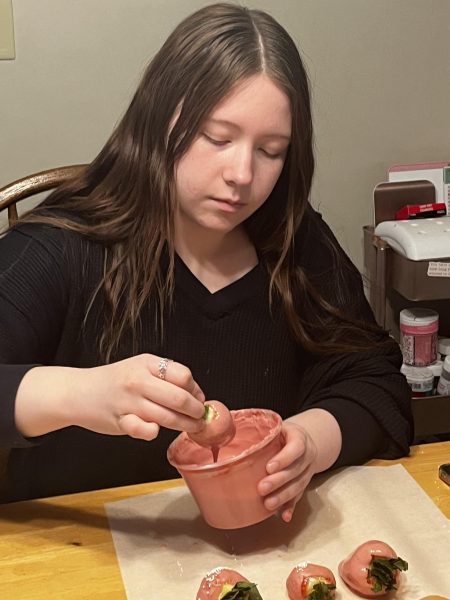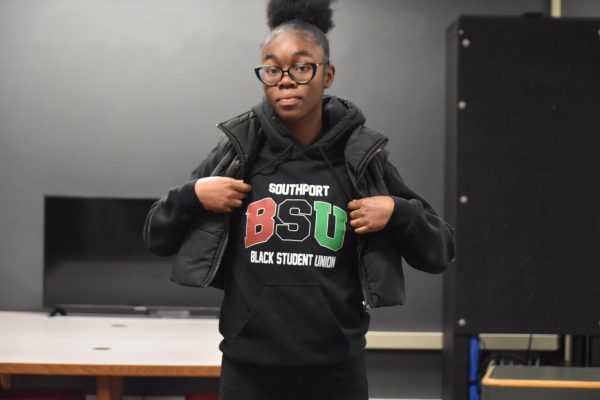Coronavirus: fact vs. fiction
Get the answers to current myths and rumors surrounding COVID-19
COVID-19 has affected people’s lives all around the world, making change in incomes, social lives, food supply and education. People have been getting ready for what the virus might bring and taking measures such as stocking up supplies and applying for unemployment. With these tense times of COVID-19, rumors have been rolling around different forms of media such as the ability to obtain masks, the making of this virus and who it can and can’t affect. The Journal will attempt to bring clarity to some of those rumors here.
Can young people get COVID-19?
According to the Centers for Disease Control and Prevention, young adults assume they have a better immune system because the high-risk patients are 65 years or older. However, according to US News Health, like any virus, people of any age are at risk. Since this is a respiratory virus, though, older people’s lungs do have a greater chance of collapsing. If an individual of any age has a pre-existing medical condition, it’ll make it much harder to fight the virus, according to the CDC.
“There is currently no vaccine, and there is no treatment, for COVID-19,” Indiana State Department of Health Media Correspondent Megan Wade-Taxter wrote in an email to The Journal. “The majority of cases are mild. Individuals who are elderly or have underlying medical conditions such as heart or lung disease or diabetes or weakened immune systems are at higher risk of serious illness.”
Do masks help?
COVID-19 can possibly spread through droplets of a person’s saliva or breath, so people have taken the precaution of buying or making masks. Masks can help prevent the spread of the virus. Medical professionals are recommending that everyone should act as if they have the virus and wear a mask because some people may be carriers or not showing symptoms yet. According to Medical News Today, people should make their own masks to ensure that all first responders have enough medical-grade supplies to continue their jobs.
Do at-home tests work to help a person know if they have COVID-19 or not?
According to the World Health Organization, citizens are trying to find ways to see if they have COVID-19 through tests at home, so they don’t have to risk getting anyone else infected without knowing. One of the more popular tests is holding one’s breath for 10 to 20 seconds to see if they have shortness of breath. However, this test isn’t certified or recommended by professionals, so the best way to know for sure someone has the virus is through a laboratory test.
Is COVID-19 just a more advanced flu?
When symptoms start, it may seem to be the flu, with symptoms like fever, tiredness, dry cough and shortness of breath. Though the virus can start to develop into something like pneumonia, it could become fatal depending on age and medical backgrounds. The reasoning for social distancing is because of the rate at which COVID-19 spreads and can’t treat COVID-19 like the flu because it’s not related to the flu. According to the CDC, the mortality rate decreased between weeks 15 and 16 is 23.6% to 18.6%. Even with the seven percent difference, there is still a long way to go before it is at zero percent again.
Will injecting disinfectants help with COVID-19?
With Trump’s recent comment, people have been injecting themselves with disinfecting products in hopes to clear out COVID-19 inside themselves. However, cleaners won’t stop with COVID-19 because of the poisons and chemicals they contain. It could make a situation worse. Disinfectants are really good at getting germs off of in-home objects and germs in surrounding rooms and hands, but it is never valid to inject.
According to the CDC, disinfectant includes two different alcohols called ethyl alcohol and isopropyl alcohol which is known to kill bacteria and can make up to 60%-90% of the item. According to Slate, if one were to inject disinfectant, that person could experience organ failure, anemia, cardiac arrest or possibly die. According to CNN, when Trump was asked if he took the blame for the disinfectant injections idea he said: “No, I don’t.”
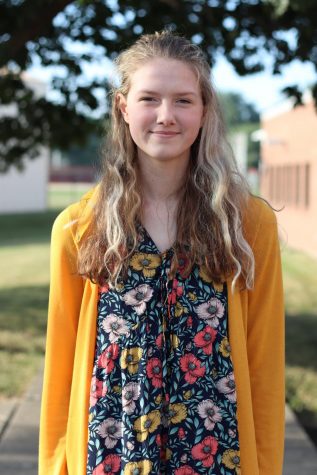
Hi! Welcome to Chili’s or my bio whatever you prefer. My name is Shelby Reeves, I’m a senior and a News Reporter here on The Journal. When people first...


